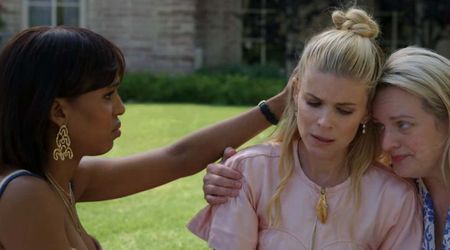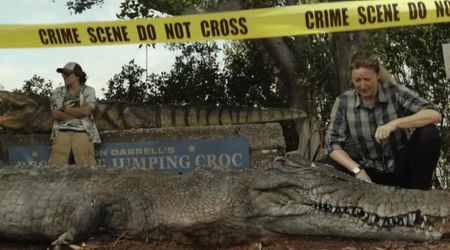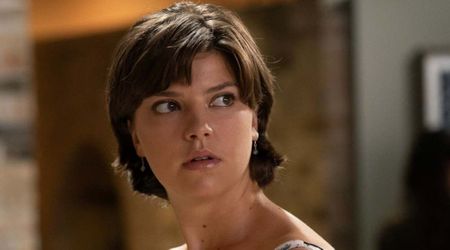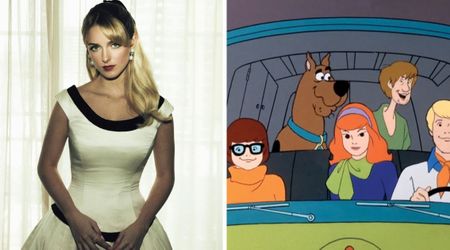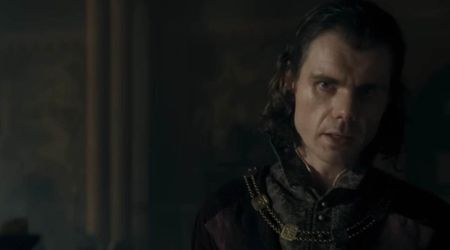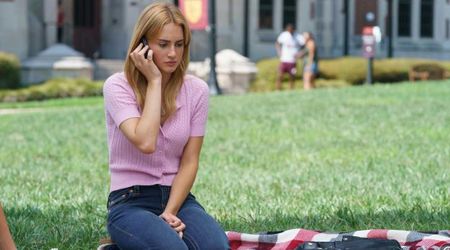'Lovecraft Country': Three aspects of Jim Crow era that will serve as allegories for horror on the HBO show

Ready for HBO's newest horror-thriller that goes by the name 'Lovecraft Country'? Based on Matt Ruff 's novel of the same name, the show centers around Atticus Freeman (Jonathan Majors) as he meets up with his friend Letitia (Jurnee Smollett) and his Uncle George (Courtney B. Vance) to embark on a road trip in the 1950s in search of his missing father (Michael Kenneth Williams).
Using allegorical horror to underline the very real horrors living as a Black person in Jim Crow America, the original novel melds historical fiction, pulp noir, and Lovecraftian horror and fantasy. According to the show's site, we will see "the struggle to survive and overcome both the racist terrors of White America and the terrifying monsters that could be ripped from an H.P. Lovecraft paperback".
Here are three things you might not have known about the show:
HP Lovecraft was racist and Atticus is devastated when he learns this
Within the show, Atticus is a "Blerd" (slang for Black nerd) and both he and Letitia were part of a science fiction club when they were children and loved pulp novels. His favorite author is HP Lovecraft and he often loses himself in his fantastical tales. However, there is a heart-breaking moment that can be seen as a loss of his innocence when he realizes that Lovecraft was racist. It happens when Atticus reads Lovecraft's 1912 poem entitled 'On the Creation of [expletive]', where he says that to fill the "gap" between man and beast, the gods created a "semi-human figure, filled it with vice, and called the thing a [expletive]". For Atticus, this is the rudest awakening possible. It brings a schism into something he has always loved wholeheartedly and this conflict is something that drives the plot as well.
Get ready to see the 'Safe [expletive] Travel Guide'
Within the show, Atticus' Uncle George accompanies him on his trip to find his father. Uncle George is described as a warm, funny, and well-read man who first introduced Atticus to the wonderful and strange world of pulp novels. He is also the publisher of the 'Safe [expletive] Travel Guide', who has had enough adventures to understand the dangers of traveling as a Black man. This guide is based on the annual guidebook 'The [expletive] Motorist Green Book' that was referred to as the "Green Book" within the Black community.
It was called "the bible of Black travel during Jim Crow", giving African-American travelers "information that will keep him from running into difficulties, embarrassments and to make his trip more enjoyable". And no it wasn't Uncle George who published it. It was first published by an African American mailman from New York City, Victor Hugo Green, and continued to be published from 1936 to 1966. During the era of Jim Crow laws, when open and often legally prescribed discrimination against African Americans especially and other non-whites was widespread, the "Green Book" provided a secret roadmap of establishments to stay and eat, information on "Whites only" 'sundown towns' and other such "essential" tips and travel recommendations.
Secret occult order in the show has real-life origins
In the show, Atticus goes up against a secret order calling themselves the "Sons of Adam". In the book, however, this secret cabal is called the 'Order of the Ancient Dawn', who are into magic rituals to gain power. Getting Jordan Peele's 'Get Out' vibes yet? Again, the basis for such a secret occult order is factual. There was a very famous occult society called the "Hermetic Order of the Golden Dawn", which was the most influential hermetic society of the 19th century. A colonial legacy of sorts, it appropriated spiritual and religious traditions from colonies, especially Hinduism and Buddhism, to create their spiritual ideology around the concept of "Root Races", in which Aryans were “god-informed”, “civilized”, “spiritual” and “advanced”, while Africans, Australians, and South-Sea Islanders were “narrow-brained”, “semi-human”, “inferior” and “lost.” Members of the Golden Dawn also did invoke otherworldly entities, something Lovecraft might have been influenced by since he was rumored to be an occult practitioner himself.

